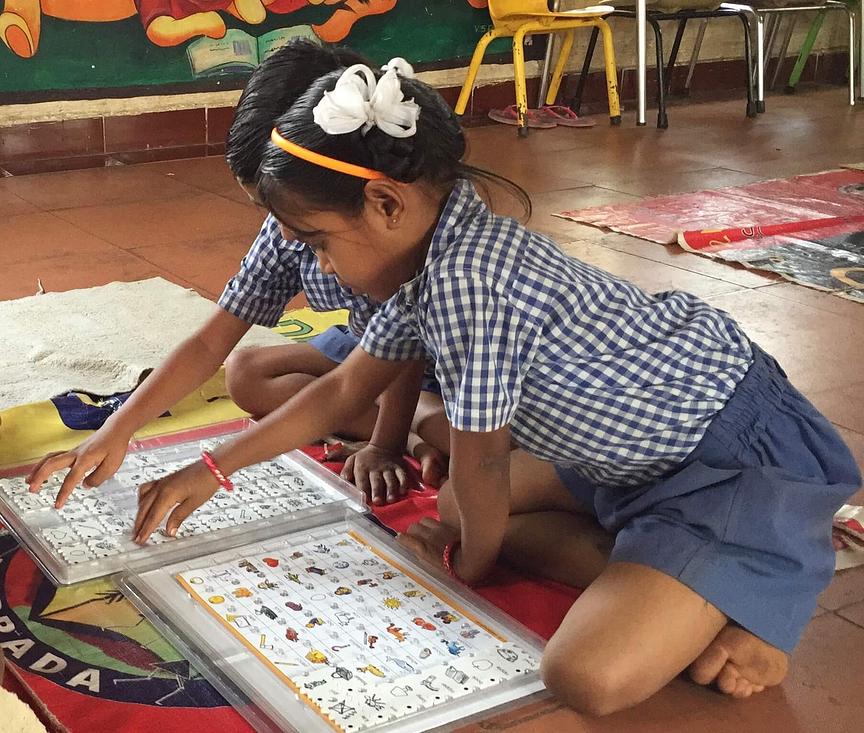LEMA -Laboratorio de Lectura, Escritura y Matemática - (Literacy Education and Math Lab), is a model that supports school age children 1st to 4th grade. The model also provides much needed support to school teachers by bringing Learning Coaches every day for an hour to play, share, develop and create knowledge in 5 important areas: reading, writing, math, reflection and relationships. The LEMAs are not calendar based and can take place in or out of the school. However, partnerships with schools and education departments allow for better continuity, greater reach, stronger support for children and overall better results.
Why children 1st to 4th grade? Because there is ample evidence that suggests that students who do not make good initial progress in learning to read, find it increasingly difficult to master the process. These children will tend to fall into a downward spiral, in which initial lack of success in reading can develop into broader cognitive deficits, making school dropout more likely to occur and becoming a barrier for personal, social and economic prosperity. In the case of girls, their vulnerability increases two-fold due to the gender disparities that continue to permeate our society.
LEMAs are coordinated by trained “Learning Coaches” (LCs) who can be teachers, mothers, grandparents, community leaders. Fully literate children and youth can also be LCs. The LCs are hired, either in a paid or a volunteer capacity, to perform a very important job: motivate and inspire the learning process, and create a safe space for children to learn at their own pace.

